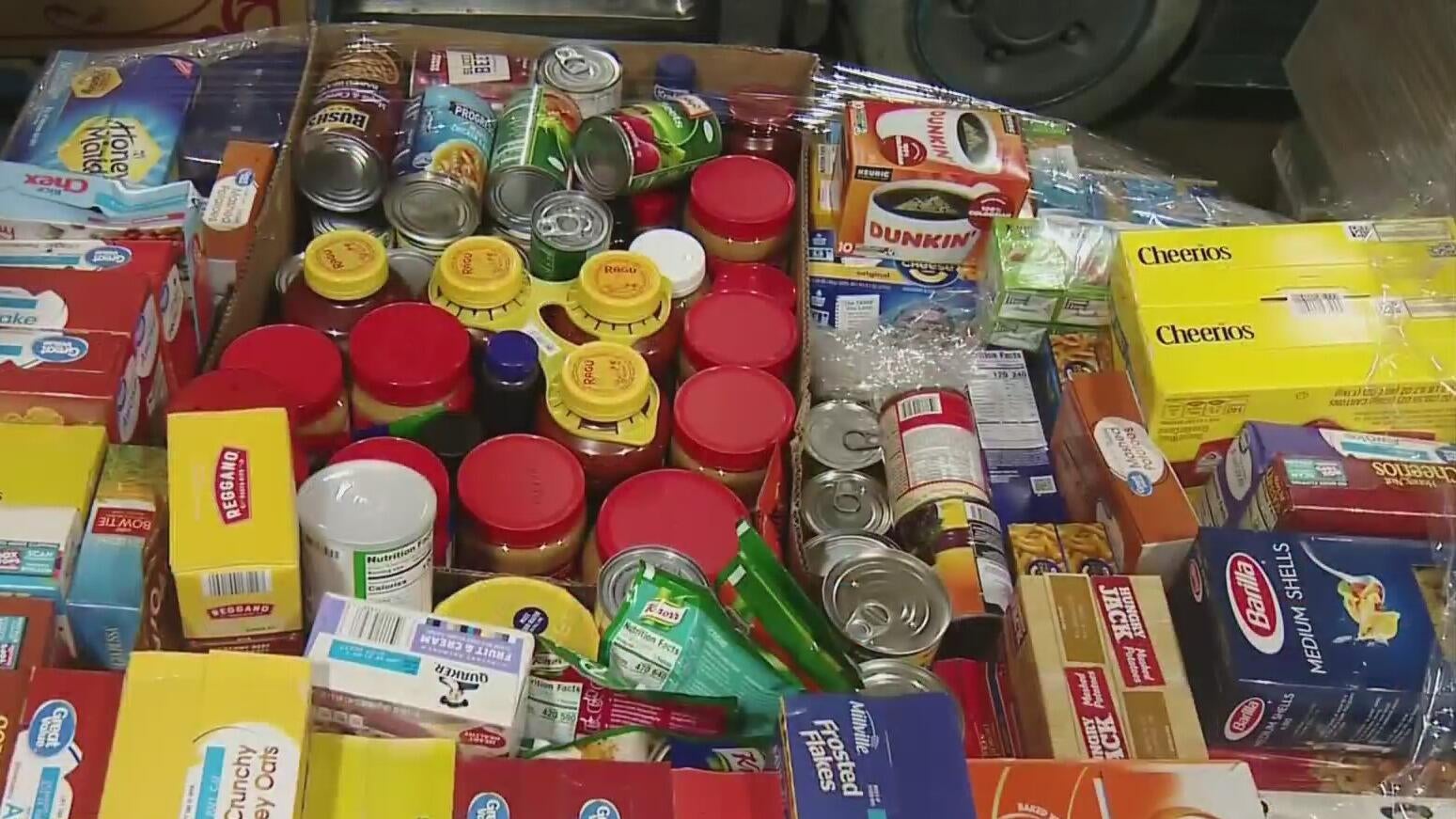Westmoreland Food Bank says they won't be able to fill the gap left by loss of SNAP benefits
The passing of President Trump's spending bill is expected to have a ripple effect among families who rely upon food assistance, and among those who will feel that effect are local food banks.
According to the Greater Pittsburgh Community Food Bank, the new spending bill will lead to nearly $300 billion in cuts to the Supplemental Nutrition Assistance Program, otherwise known as SNAP. That would be the largest amount of funding cut in the history of the program.
Westmoreland Food Bank CEO Jennifer Miller says she was paying close attention to the House of Representatives' vote Thursday to pass what Trump has dubbed his "big beautiful bill." Miller said her first response to the bill's passing was "a combination of fear, frustration and utter disbelief."
Miller tells KDKA-TV removing SNAP would be devastating for families who previously received that assistance, and that strain would then be felt by the food banks.
"For every meal that the food bank is able to provide, SNAP benefits provides nine meals, so that means people are going to be coming to us that have never come to the food banks before, looking for help to get a hand up so that they can make ends meet," said Miller. "We're not able to do that. We're not able to provide those nine missing meals."
In total, more than 143,000 Pennsylvanians stand to lose their SNAP benefits, and Gov. Josh Shapiro says the commonwealth cannot backfill those federal cuts.
"There's a real question as to whether or not we'd eve be able to operate SNAP any longer, given the change in the formula and given the people that are going to be knocked off," Shapiro said during a press conference on Monday. "[The bill] would have a devastatingly negative impact on Pennsylvania. I've been very outspoken about that, and really specific about the harm it would do to Pennsylvanians."
"When it comes to having those benefits being taken away from vulnerable populations — not just families, but seniors, people with disabilities, so on — it is catastrophic," Miller said.
With more families relying upon food banks to replace the meals they stand to lose, it also causes a chain reaction in communities across the state. Without SNAP assistance, that means fewer sales at local grocery stores, which could cause prices to rise.
"Mom and pop shops that accept SNAP benefits, these benefits go back into the community, back into industry, back into the grocery store industry, drug stores, so on and so forth," said Miller. "It is a very scary time for everyone, and I'm just at a loss."
Miller said Westmoreland Food Bank will continue to work on strategies to meet the increased demand, including fundraising and also continuing to rely on donations from the community.




